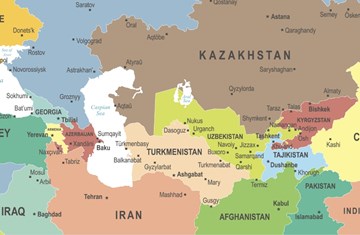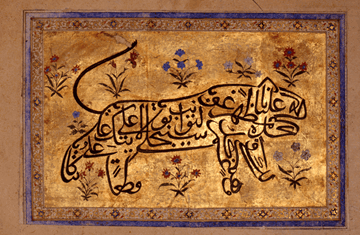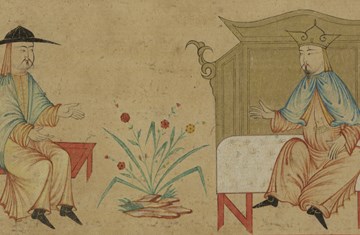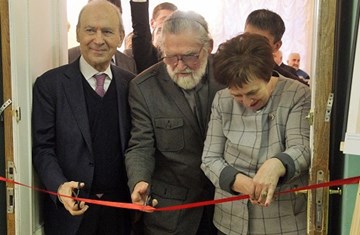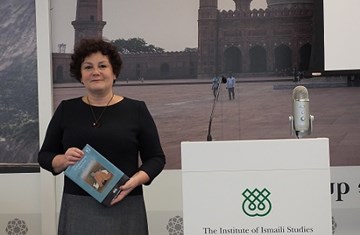Professor Esack Speaks on Paradigms of Political Power amongst Muslims
In early March, the Department of Community Relations at the Institute of Ismaili Studies (IIS) hosted an event with Professor Farid Esack, currently professor in the Study of Islam at the University of Johannesburg. Professor Esack delivered a lecture entitled, Muslims & Islam: Between Powerlessness and Less Power.
In his talk, Professor Esack explored two dominant paradigms of political power that exist in Muslim thinking: the Meccan paradigm and the Medinan paradigm. He described the Meccan paradigm as one where Muslims were the persecuted victims with others exercising power over them. In comparison, in the Medinan paradigm, Muslims were the dominant and dominating group, exercising power over others. While these two paradigms certainly exist in the Muslim context, he proposed the exploration of the Abyssinian paradigm. It was here where Prophet Muhammad sent an early group of Muslims to live as exiles and in harmony in a society where a Christian King respected their basic human rights. Furthermore, he critiqued notions which suggest that Islam was about taking control of state power and introduced the notion of social justice and the need for each individual to make an impact on the world based on the way they lead their lives.
Professor Esack, a South African Scholar of Islam, completed the Dars-i Nizami, the traditional Islamic Studies programme, in Karachi, Pakistan. He received his PhD from the University of Birmingham in the UK. He is the author of numerous publications including On Being a Muslim: Finding a Religious Path in the World Today; Qur’an, Liberation & Pluralism: An Islamic Perspective of Interreligious Solidarity Against Oppression and An Introduction to the Qur’an.
Professor Esack is actively involved with Positive Muslims, an organisation working with Muslims who are HIV positive in South Africa, in addition to carrying out his appointment as a Professor and other academic pursuits. He is also involved in various development boards both in South Africa and internationally.


